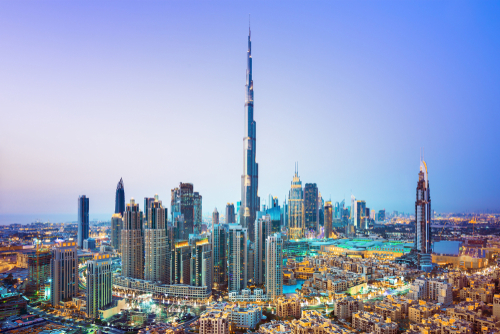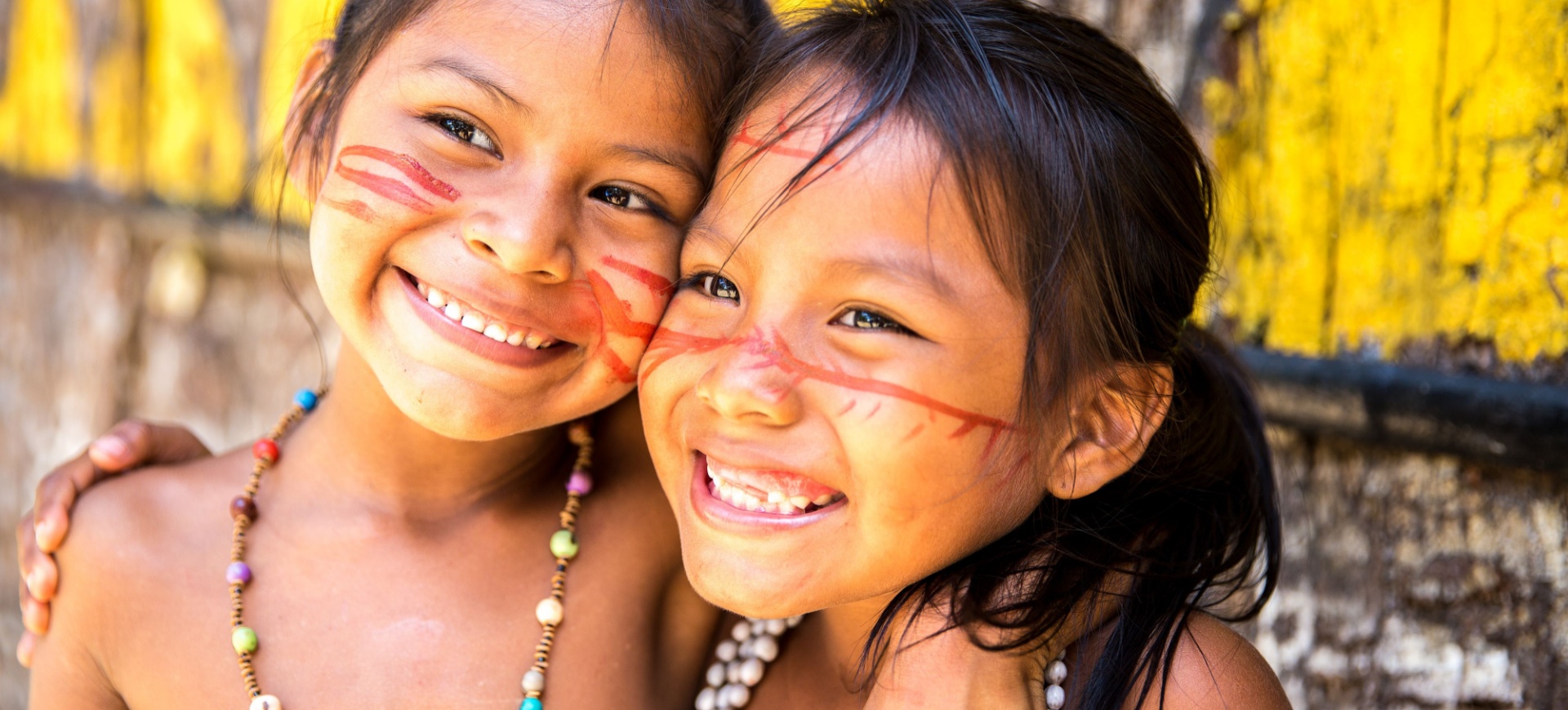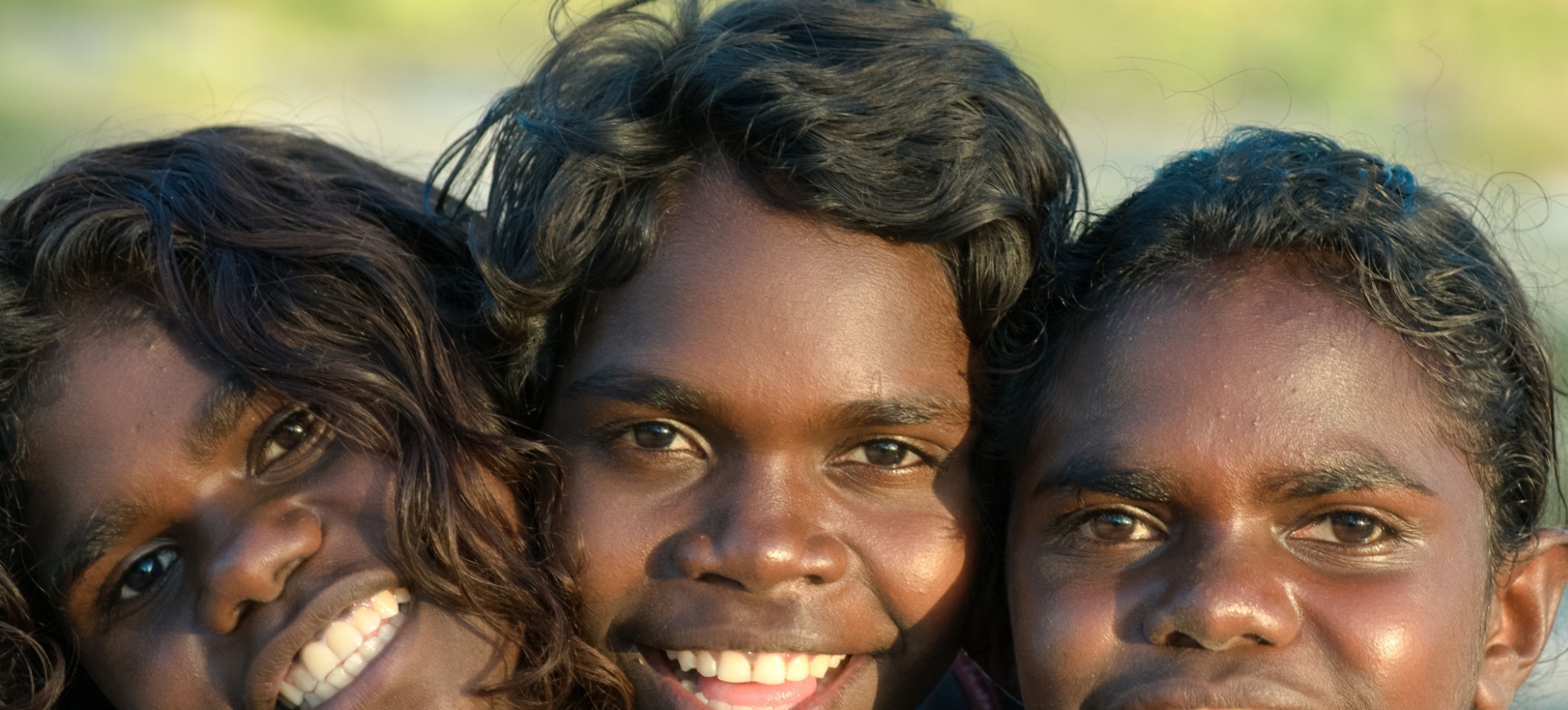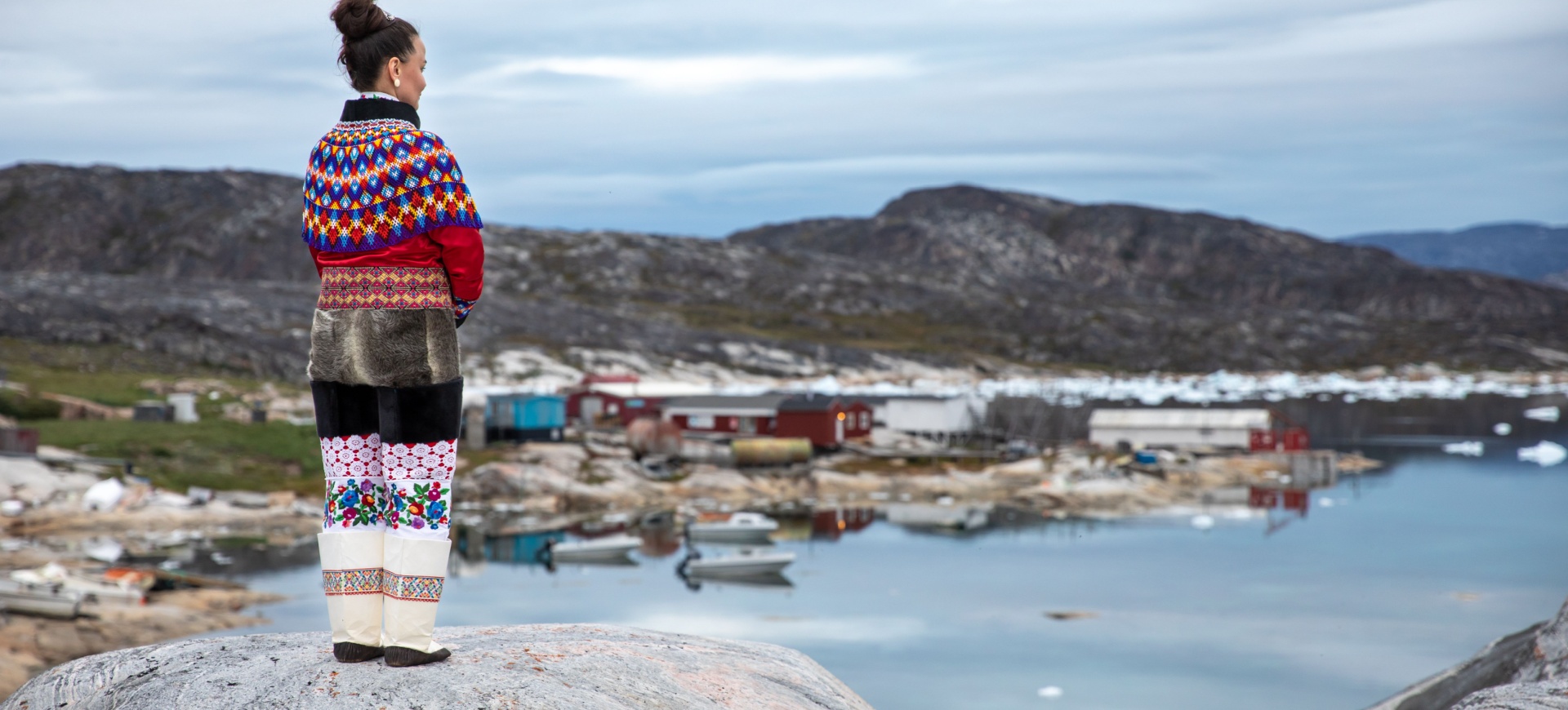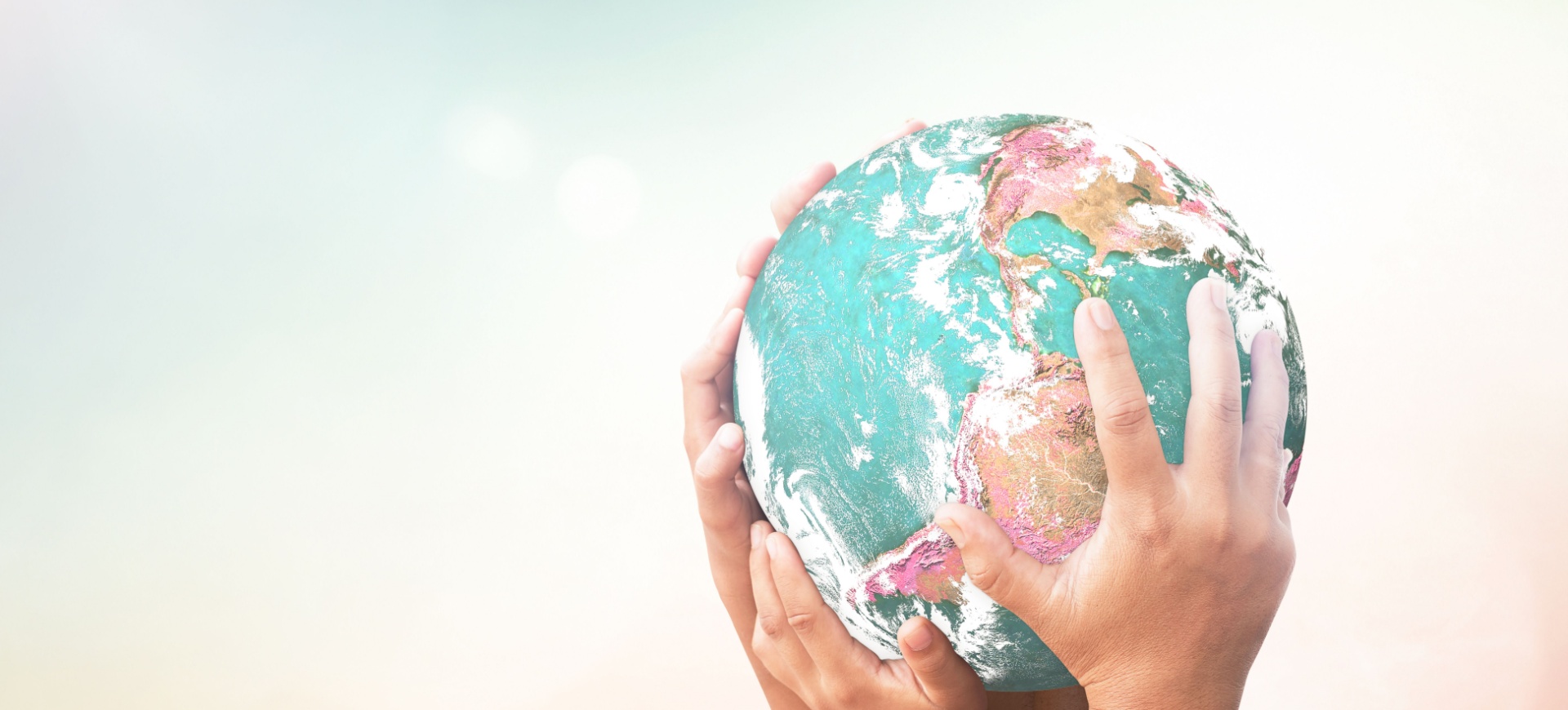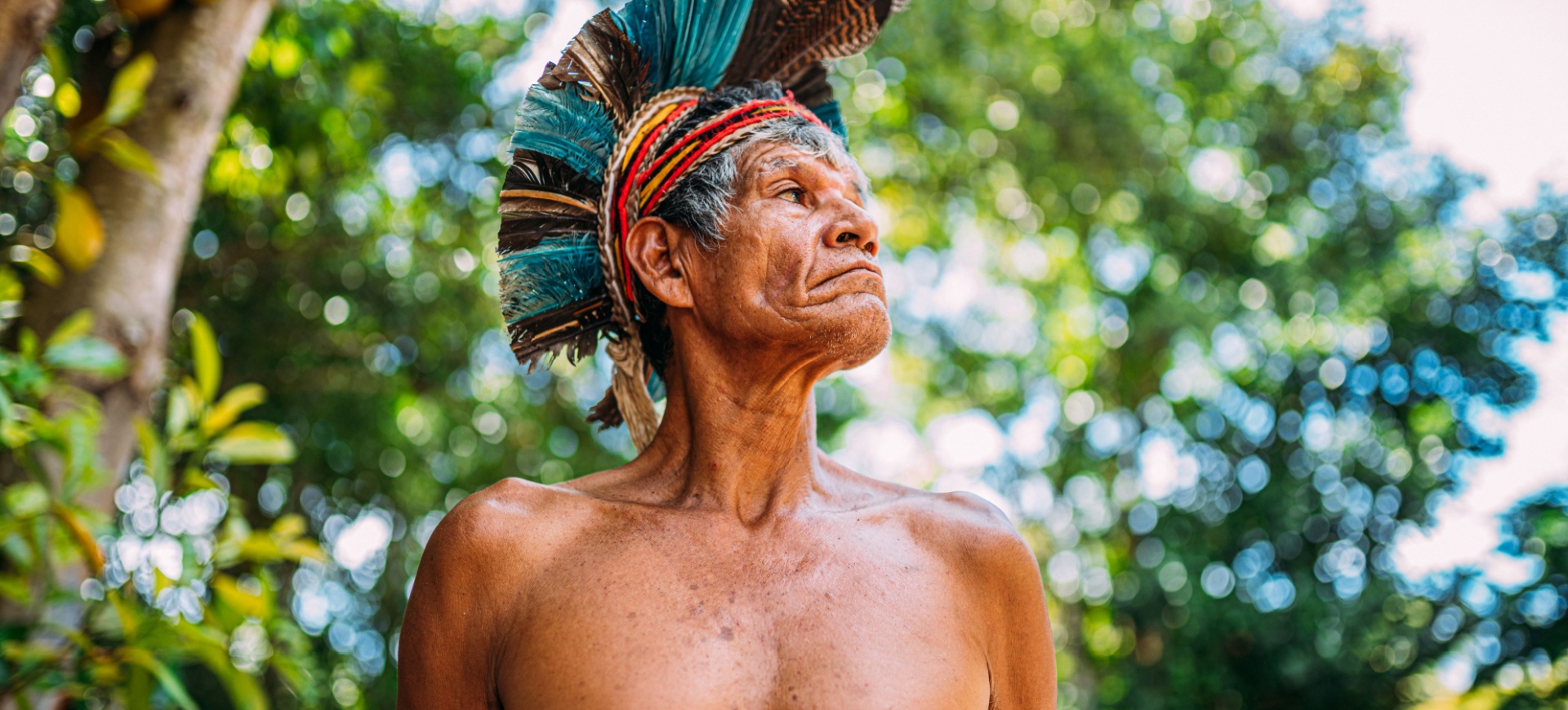A lifeline from the UAE
As the world works to emerge from the COVID-19 crisis, it has become clear that no country can go it alone – a fact that the UAE has underlined in its global efforts that put the collective good above individual interests
More than six months after COVID-19 was declared a pandemic, we as an international community still have much to learn about the virus. While scientists continue working to understand the long-term impact of the virus, its effects on different communities have varied, and the responses of countries to the pandemic have varied even more.
In the United Arab Emirates, we have treated COVID-19 as a once-in-a-lifetime event, one that requires all our resources, efforts and determination, and one that has given us the opportunity to demonstrate the values that we as a nation espouse. In doing so, we have developed a model – defined by decisiveness, informed by science and underpinned by compassion – that will steer us through the next 50 years of our nation’s history.
A nationwide response
Having launched a nationwide response plan and trained thousands of medical workers on respiratory illness containment protocols during the outbreaks of the H1N1 influenza and Middle East respiratory syndrome, the UAE was well positioned to enact time-sensitive measures to protect its population from COVID-19. When the UAE detected the first infection on its territory in January 2020, it moved quickly to contain the virus by imposing travel restrictions and social distancing measures while launching a rapid testing and isolation campaign.
A country of around 10 million people, the UAE has one of the lowest case fatality rates worldwide. We honour the lives of those who have passed away, as we recognise with sombreness and humility that the precautionary measures we took prevented the deaths of many more.
While we aimed to minimise economic disruption as we took these measures, we also believe that compromising on health security would have had a much more severe long-term impact on the economy. Immediately enacting the National Disinfection Programme, mandating mask wearing and physical distancing, and moving to remote work and schooling are in part why we have been able to recover faster, beginning the process of reopening as early as April and welcoming international tourism in July. In turn, we avoided the devastating “first wave” that brought many countries’ economies and day-to-day functioning to a halt.
We have also ensured that the most vulnerable have access to health care, and that testing and treatment are free for those in need. To date, more than 8 million tests have been conducted in the UAE, with our country claiming a top global ranking in per capita testing. Treating everyone – citizens, residents and visitors – equally underscores our belief that the health of society can be measured by its most vulnerable. The UAE is determined to help and support all citizens and residents.
Indeed, this principle extends beyond health care: it forms the heart of our humanitarian obligation to ensure a dignified life for all. From securing alternate accommodations for workers to ensure physical distancing, launching the ‘10 Million Meals’ campaign to feed those in need and proactively matching job seekers with employment opportunities, the UAE government has managed the concerns of the public through a holistic outlook, recognising that guaranteeing housing and food security allows individuals to focus on the most important task at hand: protecting their own health and that of their loved ones.
Beyond borders
Furthermore, while the UAE has dedicated significant energy to supporting its domestic population, it has consistently strived to help those outside its borders. Generosity towards those in need has always been a distinctive hallmark of the UAE’s policy. The UAE continues to top world rankings of assistance given as a share of gross national income.
Against the backdrop of COVID-19, the UAE has expanded this assistance. To date, the UAE has provided urgent medical and food aid to 118 countries, assisting more than 1.4 million healthcare professionals on nearly every continent. Countries struggling to access critical supplies, such as testing kits and personal protective equipment, have used this aid to increase hospital capacity and – most critically – help save lives.
By extending a hand of assistance, the UAE has strengthened channels of communication and cooperation with these 118 countries to promote a more peaceful world. Such partnerships are essential in coordinating health policy, particularly regarding travel restrictions, testing requirements and vaccine research. One must only look to the UAE’s joint cooperation with China in hosting the world’s first phase III clinical trials of an inactivated COVID-19 vaccine as evidence of this fruitful collaboration.
Ultimately, we have seen that COVID-19 does not discriminate among those who contract it. The same principle applies to our outreach and aid policy. Non-discrimination in aid ensures that help is delivered where it is needed most, regardless of the background or affiliation of recipients. In the same vein, the UAE has set aside political considerations in service of global
health security.
We have sent multiple shipments and World Health Organization experts to Iran and initiated COVID-19 research cooperation with Israel prior to signing a historic peace accord with the country. Our aid approach reflects our core belief that we are only as healthy and secure as our neighbours, and that it is our moral duty to help others in our global community.
That is why this year, as chair of the Gulf Cooperation Council, the UAE is participating in the G20 process to increase our support for global health programmes benefiting underserved areas, raise awareness of the elimination of preventable diseases and encourage the international community to invest in initiatives that make our communities stronger and healthier.
No country can do it alone. No matter our political differences, economic models or cultural beliefs, we are in this fight together – and now more than ever, the collective good must take priority over individual interests. The UAE stands ready to share best practices in managing COVID-19 with the international community, as meeting tomorrow’s challenges requires that we all combine our wisdom, willpower and care for others today.
